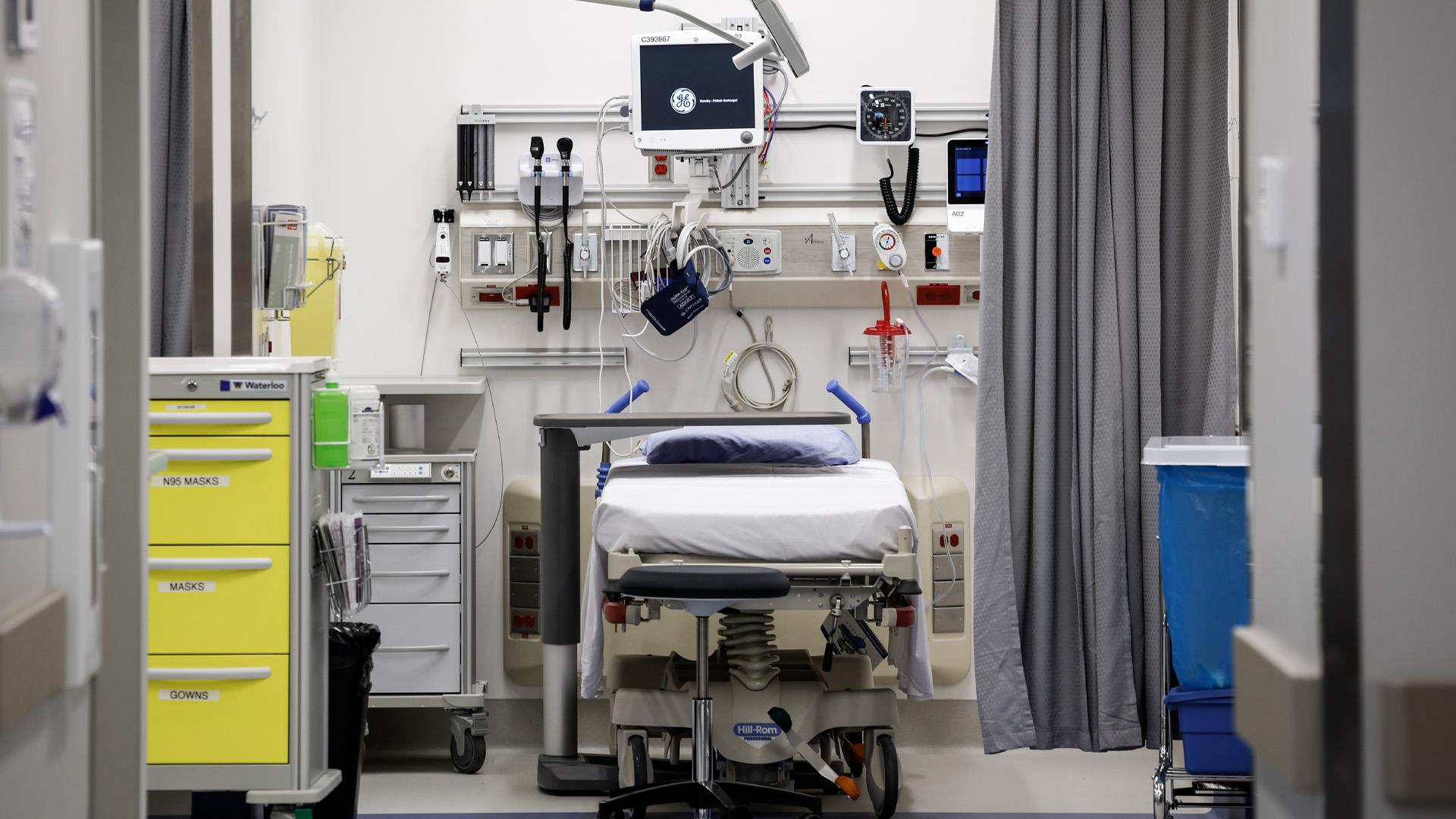
(Version française disponible ici)
Proposals for reform of Quebec’s health-care system crop up regularly and, though no two are alike, all have failed to make it more efficient. Indeed, it is unlikely that the reform measures announced to date by Health Minister Christian Dubé can make efficient a system that turns a blind eye to its misuse by some doctors and patients.
Contrary to what common sense dictates, it’s not enough to increase the supply of services to satisfy health-care demand. Reform after reform, despite more human and financial resources being added, Quebec’s health-care system remains constantly overwhelmed.
Some health-care economists attribute this phenomenon to induced demand and to the overuse of health-care resources.
Induced demand
Until the beginning of the 1980s, it was believed that doctors were altruistic, in other words that they sacrificed their self-interest for the good of the patient.
This saintly view has since been put into proper perspective. It’s now supposed that doctors are hardly different from other economic agents and that they maximize their self-interest, even their income. Sacrilegious!
In a context of information asymmetry, where the doctor has privileged information compared to poorly informed patients, he finds it easy to recommend the quantity or quality of treatments that allow him to secure his income and create “customer loyalty” by ensuring their recurring visits. The phenomenon is made worse by doctors’ fee-for-service.
Conversely, should doctors be inclined to call for the most profitable treatments, patients have no incentive to question the proposed treatment, even if said treatment is not the one they would have chosen if in a position to be better informed.
Overuse
According to a study by the Canadian Institute for Health Information (CIHI), almost half of Quebeckers who visit the emergency department do not require emergency care. The proportion is similar in the rest of the country.
This report is not exactly surprising.
The current regime opens the way to a form of moral hazard in which insured individuals, who don’t shell out a penny at the point of service, tend not to worry about cost and opt for a service level above their real needs. This “free of charge” approach relieves the user of his or her accountability with regards to usage.

An inadequate reform
The organizational shuffling announced in the current reform will not be enough to slow the inexorable rise in health-care costs and improve the services offered. What’s more, it is necessary to address the incentives created by the current institutional framework.
In the past, some have suggested resorting to user fees to counter the health-care overuse problem by instilling a sense of accountability among users. The idea has surfaced periodically since the mid-1980s but each time it came up it was quickly buried. Besides the fact that the Canada Health Act forbids it, free health care is for many observers a sacrosanct social right.
Yet many Canadians are increasingly demanding workable accountability strategies when it comes to health care.
Nonetheless, it should be possible to make users more accountable without having to abandon the principle of free health care or increase budgetary allocations for health care.
Allowing the patient to manage his or her health-care budget
To the economist, an efficient use of resources is evident when you yourself manage your money. This ensures that you are prudent about what you spend and how you spend.
Picture a reform in which the government entrusts part of the annual health budget to users. For example, suppose the government were to distribute to each citizen a share of the $9 billion earmarked for doctors’ pay. We are not proposing here to add to state spending; rather, this is about putting in citizens’ hands a part of budgetary spending directed annually to health care.
Every Quebecker would have a “health-care account,” accessible through their file at the Régie de l’assurance maladie du Québec (RAMQ), which would be used to pay for their medical consultations. Unlike the current system, the user – and not a bureaucrat with no inclination to save other people’s money – would validate and authorize payment for a doctor’s services.
In order to encourage the patient to make frugal use of the health-care funds entrusted to him or her, the government could in return allow him or her to accumulate in the account the annual surpluses from money not spent.
Ottawa needs to take a more co-operative approach to health care
Panacea or peril? Assessing private clinics in Canadian health care
With the savings accumulated over the years, the user could eventually pay for – either in whole or in part – a range of treatments not currently covered by the RAMQ. This might include, for example, dental, psychological, esthetic care, etc.
By allowing the user to choose between future or current use, what is known as opportunity cost comes into play. In other words, the use of a service in the short term means sacrificing another service in the longer term.
The prospect of eventually gaining access to a larger range of services, indeed of treating oneself to services hitherto reserved for the better-off, would make the idea of saving very attractive and encourage a more sensible use of health-care services.
Under this type of system, one can imagine that a sizable number of RAMQ members would be encouraged to be more selective in their usage, think more carefully before heading to the emergency department or to the doctor for every little scratch, and better inform themselves on the nature of the prescribed care. Such an exercise in self-education should be made easier by the health ministry, which would offer unbiased educational resources on the advantages and disadvantages of various care and treatment options.
Clearly, it is out of the question under this scenario to penalize the user who, by choice or by necessity, exhausts his or her annual allocation. He or she would always have access to the services that his or her condition requires.
A reworking of the incentives will not by itself result in a resolution of all of our health-care system’s problems. Nor is the health-care account the only way to make the individual more accountable. However, any measure that promotes a sensible use of resources would represent an important contribution to the goal of the current reform: making our health-care system more efficient.









